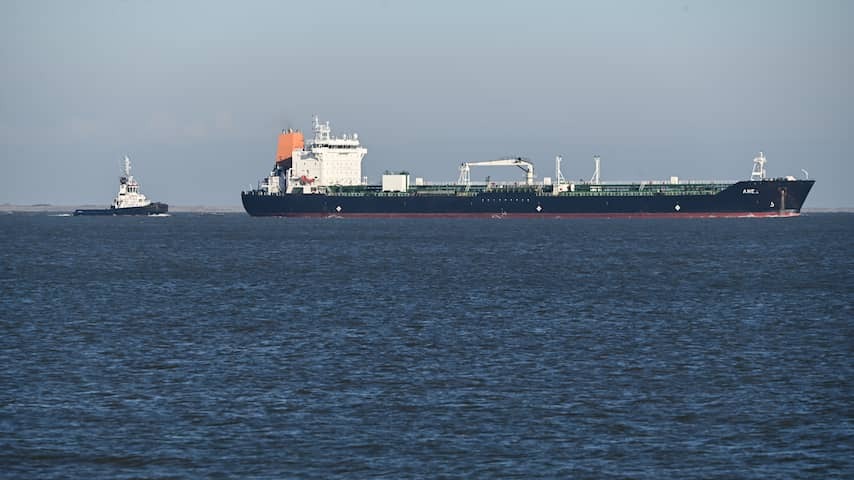
Brussels wants to lower the price cap for Russian oil from $60 to $45 per barrel. This should make it more difficult for Russia to finance its war against Ukraine. The EU also wants to make investments in the Nord Stream 1 and 2 gas pipelines unattractive.
This is according to a new sanctions package that the President of the European Commission, Ursula von der Leyen, announced on Tuesday.
It is the eighteenth package against the Russians, and once again Brussels is targeting oil revenues. Russia depends on oil exports for a third of its income.
That is why the EU came up with a price cap a few years ago. Since then, oil from Russia may not be sold for more than 60 dollars (52.50 euros) per barrel. Brussels now wants to lower this maximum to 45 dollars.
The EU introduced the earlier price cap together with other countries, including the United States, the United Kingdom and Japan. Brussels did this under the umbrella of the G7. This time too, the EU wants to work together with this league of countries, which will soon be discussing the measure.
Russia is trying to circumvent restrictions
Russia, of course, does not agree with the price restrictions and is doing everything it can to circumvent them. For example, the Kremlin has set up a so-called shadow fleet. With this armada of older, poorly maintained tankers, Russia is trying to stay under the radar and thus still be able to supply oil worldwide.
The EU therefore previously decided to put almost two hundred Russian tankers on the blacklist. This means that they are not allowed to dock in European ports. Companies are also no longer allowed to provide services to these ships, such as insuring the cargo. The blacklist is now being expanded with dozens more Russian ships.
Sanctions against sabotaged Nord Stream pipelines
Another striking measure in the EU sanctions package is the discouragement of investments in the Russian Nord Stream pipelines. The gas pipelines were blown up in 2022, making them unusable.
But Russia wants to put the pipes back into use and some American investors are also interested in this. That is why Brussels wants to prohibit companies from handling transactions related to the two pipelines.
In addition to limiting oil revenues, the EU is also taking measures to counter the circumvention of sanctions through other countries. For example, it wants to punish banks and other companies that enable the sale of sanctioned products to Russia. Furthermore, there will be export restrictions for goods that the Russians can use to make weapons.
Brussels hopes to force the Russians to end the war against Ukraine with the sanctions package. “Russia’s goal is not peace. Force is the only language that Russia understands,” says Von der Leyen in an explanation.
Slovakia has doubts about sanctions
The sanctions package is not yet final, the 27 EU countries still have to consider it. It remains to be seen whether all member states will approve it.
For example, Slovakia has already announced that it will put on the brakes if the sanctions harm its own interests. The country is heavily dependent on Russian energy and the Slovak leader Robert Fico does not want that supply to be jeopardized.
The Hungarian leader Viktor Orbán has also regularly obstructed the introduction of sanctions against Russia in the past. Nevertheless, previous EU sanctions packages have ultimately been adopted.